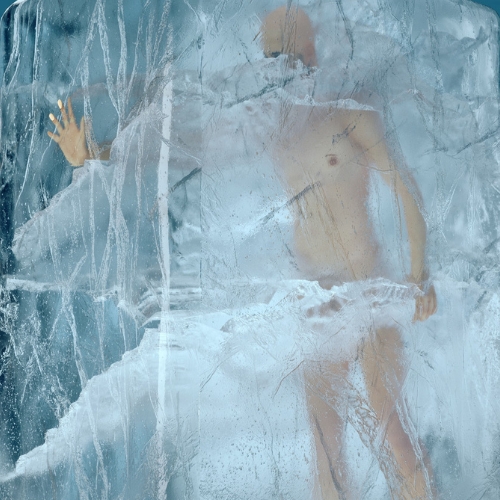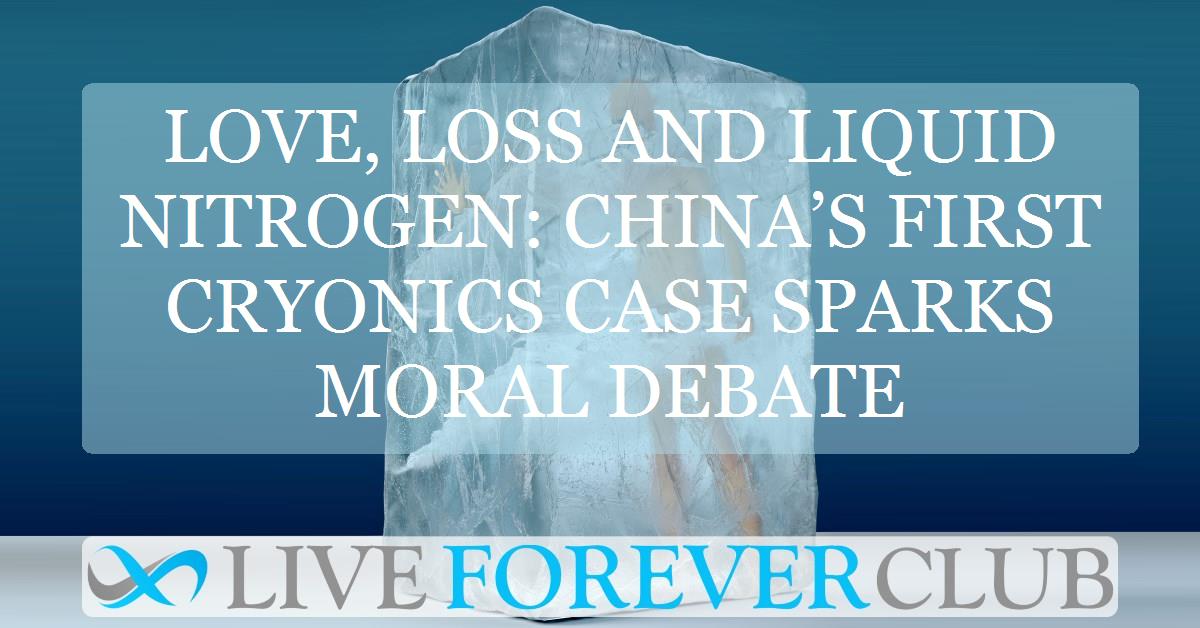Key points from article :
The story centres on Gui Junmin, a Chinese man whose decision to cryogenically preserve his late wife has stirred a major ethical debate online. After his wife, Zhan Wenlian, died of lung cancer in 2017 at age 49, Gui chose cryonics—a process with no proven ability to revive a person—to preserve her body in liquid nitrogen. She became the first cryogenically preserved person in China, stored in a 2,000-litre tank at –190°C under a 30-year agreement with the Shandong Yinfeng Life Science Research Institute.
Public discussion reignited when it emerged that Gui began dating a new partner, Wang Chunxia, in 2020. He told reporters that a debilitating gout attack made him reconsider living alone, but he also described his new relationship as “utilitarian,” stressing that his late wife still holds a central place in his emotional life. The revelation split Chinese social media: some users felt enough time had passed and urged him to “let the departed rest in peace,” while others criticised him as self-serving and questioned whether either woman would truly have consented to the arrangement.
The controversy has also renewed interest in cryonics itself. The technique involves cooling a body to extremely low temperatures and using cryoprotectants—chemicals similar to antifreeze—to prevent ice crystals from damaging tissues. While similar methods are used routinely to store living cells like embryos or blood, whole-body cryopreservation remains speculative. Over 500 people worldwide have undergone the procedure, mostly in the United States, but no human has ever been revived, and scientists say the prospect remains far from reality.







